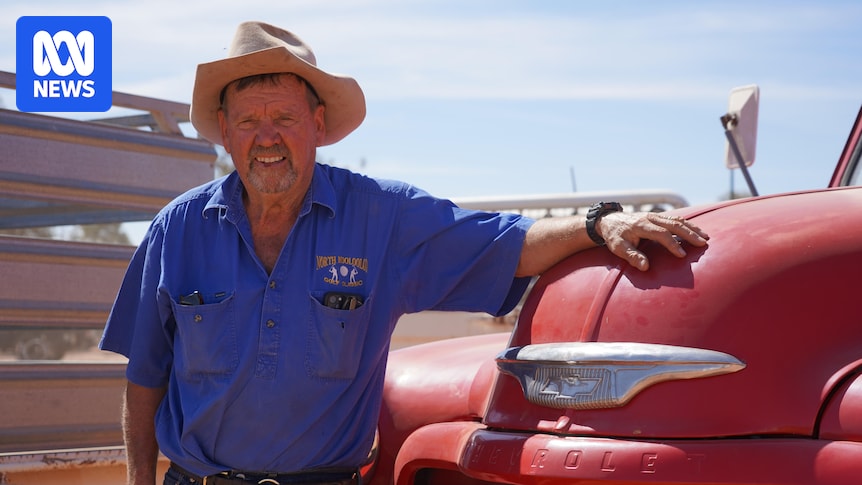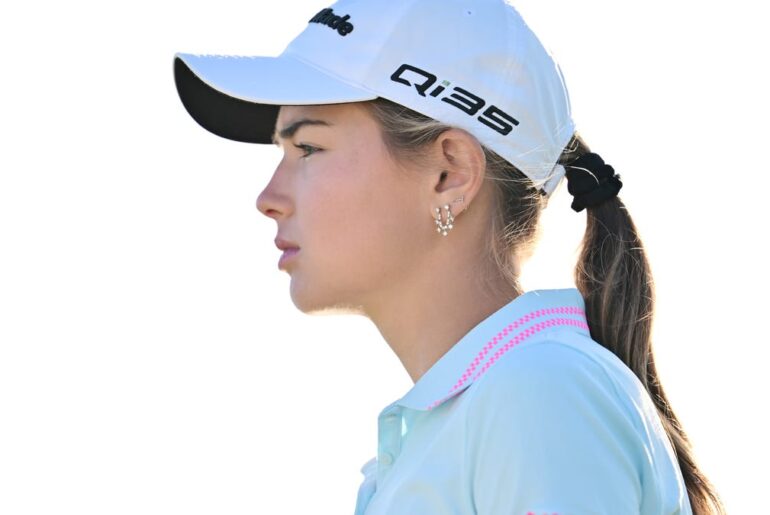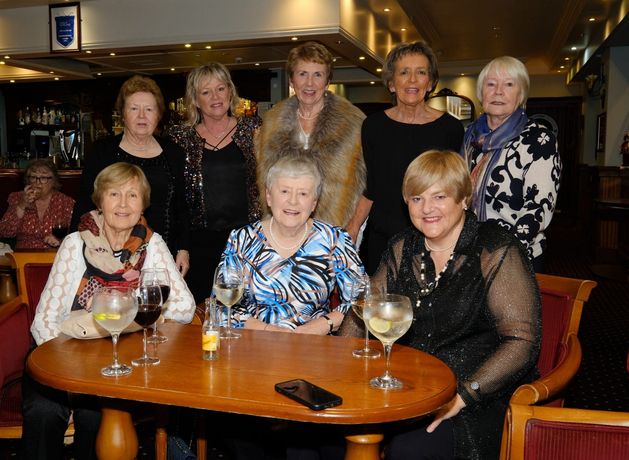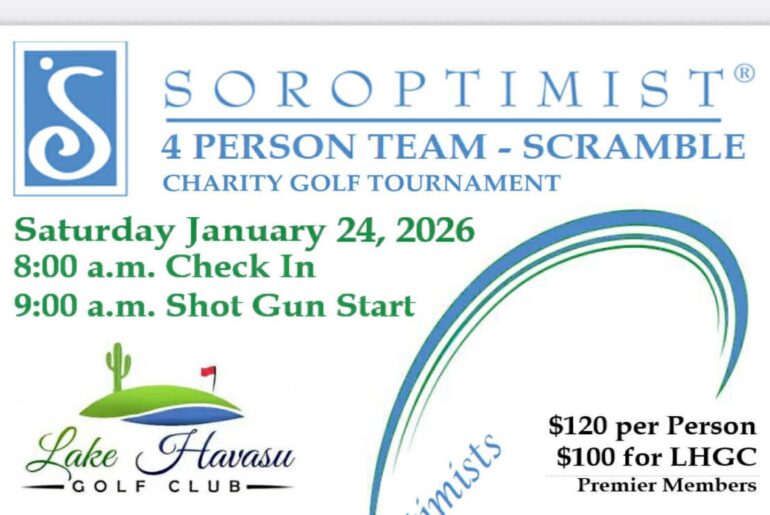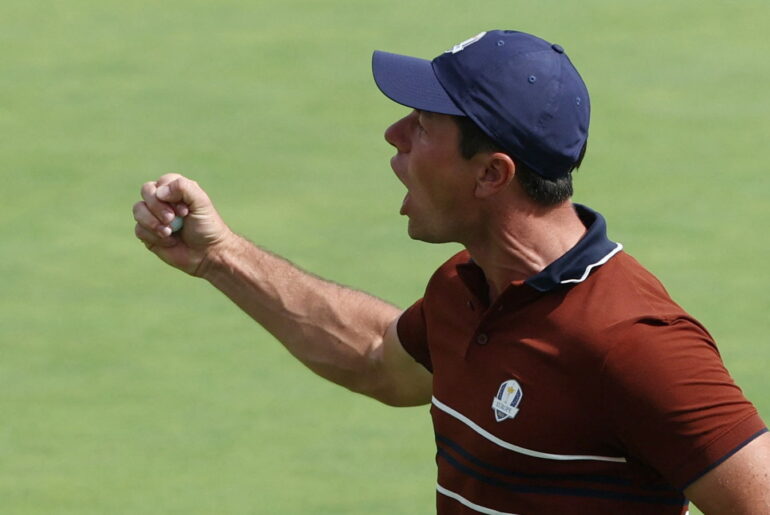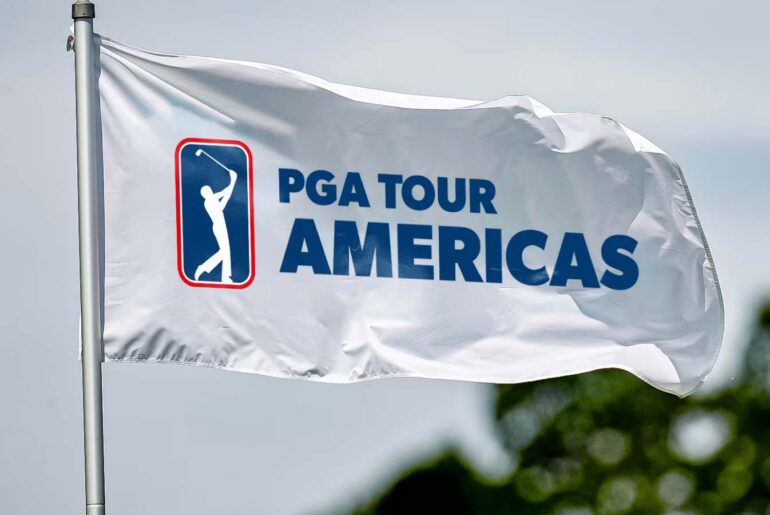It is a far cry from the lush, well-manicured greens of metropolitan golf clubs, but that does not stop a group from teeing off on a station in South Australia’s outback for a good cause.
The biennial North Moolooloo Golf Classic brings more than 150 players from throughout the state and country to the outback station about 560 kilometres north of Adelaide.
North Moolooloo Station has been in the hands of Ian Ferguson’s family since 1897, when his great grandfather was managing the Moolooloo Run from Blinman to Lyndhurst.
The golf classic was started in 1999 and has been running every two years since.
Since then, organisers say the classic has raised a $250,000 for the Royal Flying Doctor Service (RFDS), which provides fly-in, fly-out emergency and routine medical treatment to regional and rural communities.
More than 150 players participate in the North Moolooloo Golf Classic. (ABC News: Isabella Carbone)
“Even though the more modern the day is, it’s sort of these little rural towns [that] are getting more and more isolated, so the Flying Doctor is more important,” Mr Ferguson said.
It is no mean feat to host a golf tournament on a sheep station.
A group of volunteers spend time grading and preparing the 18 holes across the 4.5-kilometre loop, and the Fergusons dedicate hours to organising the logistics of the multi-day event.
“It’s a pretty big undertaking, but it’s worthwhile,” Mr Ferguson said.
The October long weekend golf classic draws players from nearby stations and towns, but many travel from Roxby Downs, the Adelaide Plains, the Upper Spencer Gulf, the Riverland and regional Queensland to tee off.
There are no manicured greens at the North Moolooloo Golf Classic. (ABC News: Isabella Carbone)
They pay to play and bring an item for the evening auction, with all funds going to the RFDS.
Mr Ferguson’s daughter, Bridie, said most of the participants had some personal connection to the medical service.
“A lot of people are from regional areas and the Flying Doctor are their only service. They run clinics and stuff, so everybody’s sort of got a connection with them somewhere along the line,” Ms Ferguson said,
She has firsthand experience of the service when she was flown out of William Creek after she came off a horse.
Former Leigh Creek resident Robert McDonnell has been there from the very beginning of the golf classic.
He also understood the importance of the service, having been flown out by the RFDS when he experienced a series of seizures in 2012.
“You have your seizures and then you wake up in Lyell McEwin Hospital and you think, ‘Well how the hell did I get here? Oh, they flew you out,’ like thank God for that,” Mr McDonnell said.
The Par-Tee On team donned pink wigs for the tournament. (ABC News: Isabella Carbone)
Adelaide-based nurse Lena Hage was part of the pink-wigged Par-Tee On team and said the RFDS was an “amazing organisation”.
“It helps so many people in the outback, which is where I’m from,” Ms Hage said.
“I’m an emergency nurse at the Royal Adelaide Hospital, so we deal with them a lot. They bring us a lot of patients that we can help, so it’s really great for the whole country.
“A few family members and friends have had to use it to get down to bigger metropolitan hospitals, and they’ve always had good things to say about it.”
The latest North Moolooloo Golf Classic held at the start of the month brought the total funds raised by the event since 2001 to more than a quarter of a million dollars.
The outback tournament attracts players from around Australia. (ABC News: Isabella Carbone)
RFDS spokesperson Charlie Paterson said community fundraisers like the North Moolooloo Golf Classic were vital for the service.
While the RFDS receives funding from state, territory and federal governments, Mr Paterson said the services relied on fundraising to bridge the gap in operational funds.
“We rely on the community support to finance our capital raising program for the replacement of our aircraft, medical equipment, upgrade to our regional and remote infrastructure and as well as some of our [research and development] technology initiatives that we undertake to deliver the finest care,” he said.
Mr Paterson said the SA and NT division of the RFDS aimed to generate $15 million in fundraising income a year, so events like the golf classic were important.
“Isn’t it fantastic that the community gets behind us and has fun at the same time?” he said.

